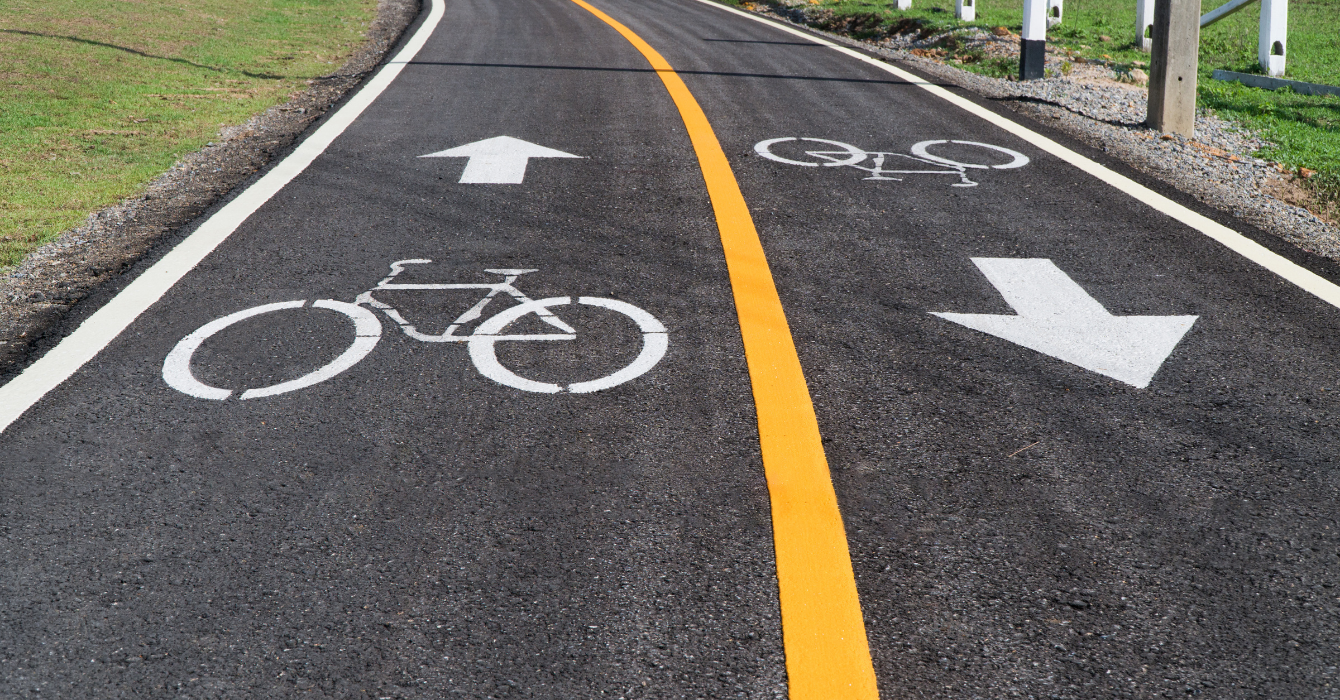
Issue Brief
Active Transportation Issue Brief
Overview
Active transportation is any self-propelled, human-powered mode of transportation, such as walking or bicycling. Increasing access and prioritizing development of active transportation like walking and cycling reduces a household's reliance on single-occupancy vehicles and fossil-fuel dependent vehicles. Choosing a bike over a car just once a day reduces an average individual’s carbon emissions from transport by 67 percent. Increasing modes of active transportation also has implications for public health. Active commuting that incorporates cycling and walking is associated with an 11 percent reduction in cardiovascular risk. Communities of color are less likely to have access to safe biking and walking infrastructure, despite being dependent on forms of active transportation for essential travel at higher rates than their white counterparts. For example, Chicago’s white neighborhoods have 50 percent more bike lanes than Black neighborhoods. Creating new bike lanes, walking paths, and other active transportation infrastructure in communities of color is critical to advancing environmental justice.
Legislation
All bills following two asterisks indicates bipartisan support for the legislation**
- CO SB22-193 (enacted 2022): creates the community access to electric bicycles grant program to award grant money to local governments , tribal governments, and nonprofit organizations that administer a bike share/ownership program.
- **CO HB22-1104 (enacted 2022): Allows transmission providers to enter into contracts to construct and maintain public recreational trails covering transmission corridors.
- CT S.B. 4 (enacted 2022): Expands electric vehicle rebate eligibility to electric bicycles to at least $500 per bicycle and with a priority to residents of environmental justice communities.
- DC B23-0288 (enacted 2020): mandates that if a road segment undergoing construction has been pre-identified as a candidate for a protected bike lane, bus-only lane or private vehicle-free corridor, then it must be rebuilt with that new feature.
- **IL HB0270 (enacted 2021): mandates that the state cover 100 percent of the cost of walking and biking infrastructure on state roads.
- IL H.B.2950 (enacted 2021): allows the state and counties to spend gas tax revenue on walking and biking infrastructure and new roads.
- NY A.8936A (enacted 2022): increases state funding for construction and improvements by the department of transportation where the municipality agrees to fund a complete street design feature as a component of the project.
- NY S.7824 (enacted 2022): requires the Metropolitan Transit Agency to develop a strategic action plan to improve bicycle and pedestrian access at bridges, stations and other facilities operated by the authority or its affiliates or subsidiaries.

Empower State Environmental Champions
Your donation funds the fight for equitable actions that protect the environment and our health.
Donate